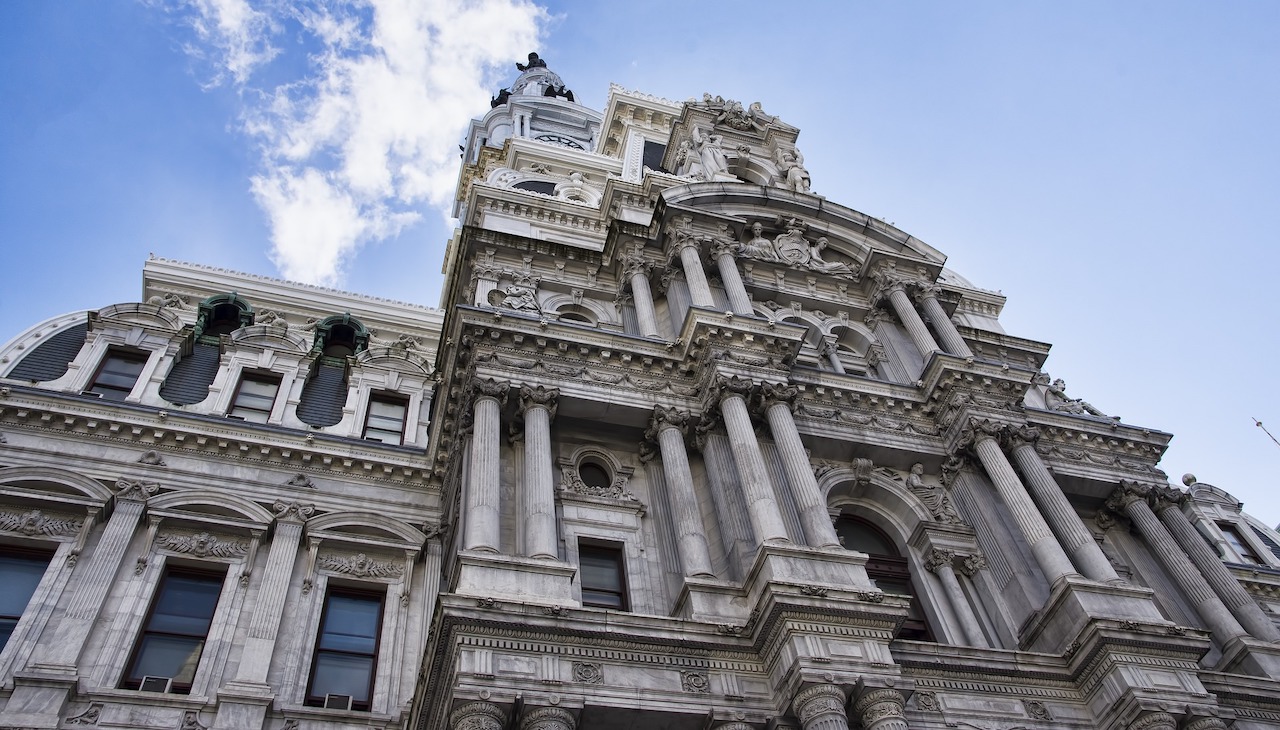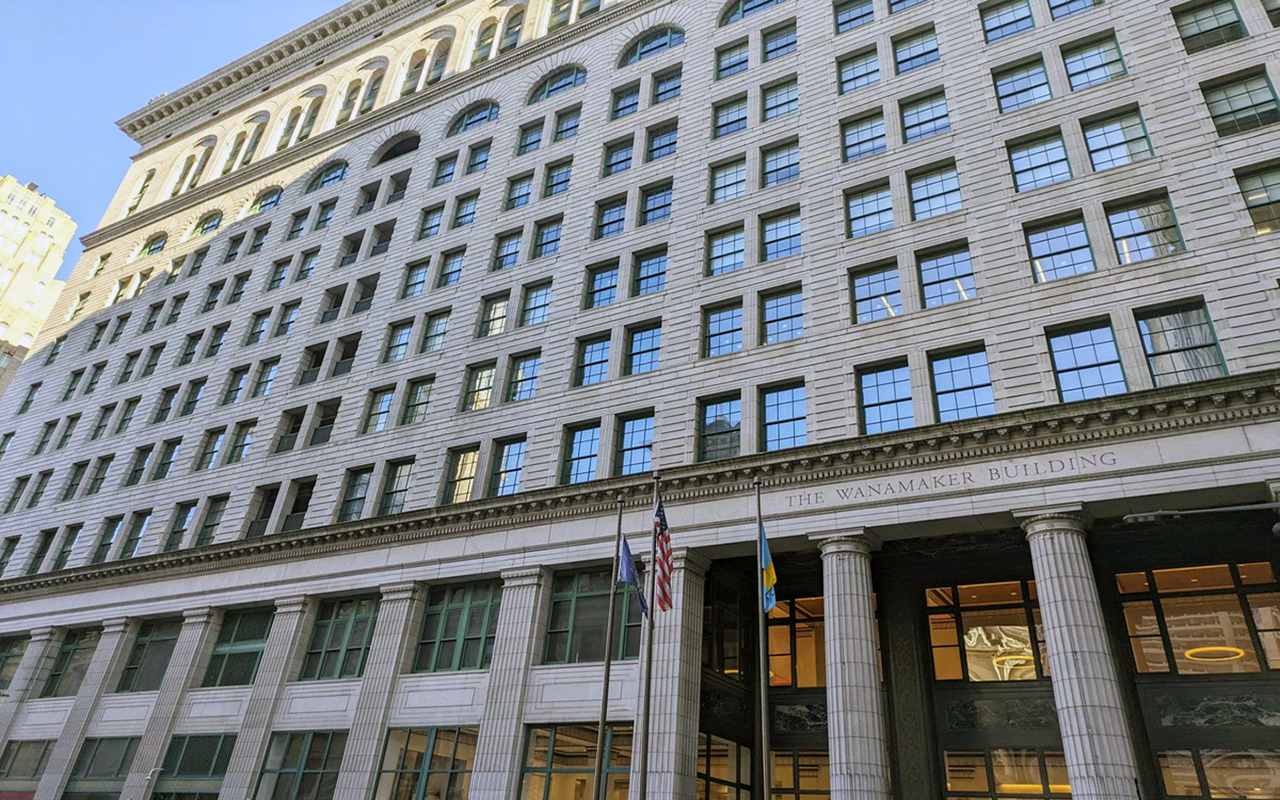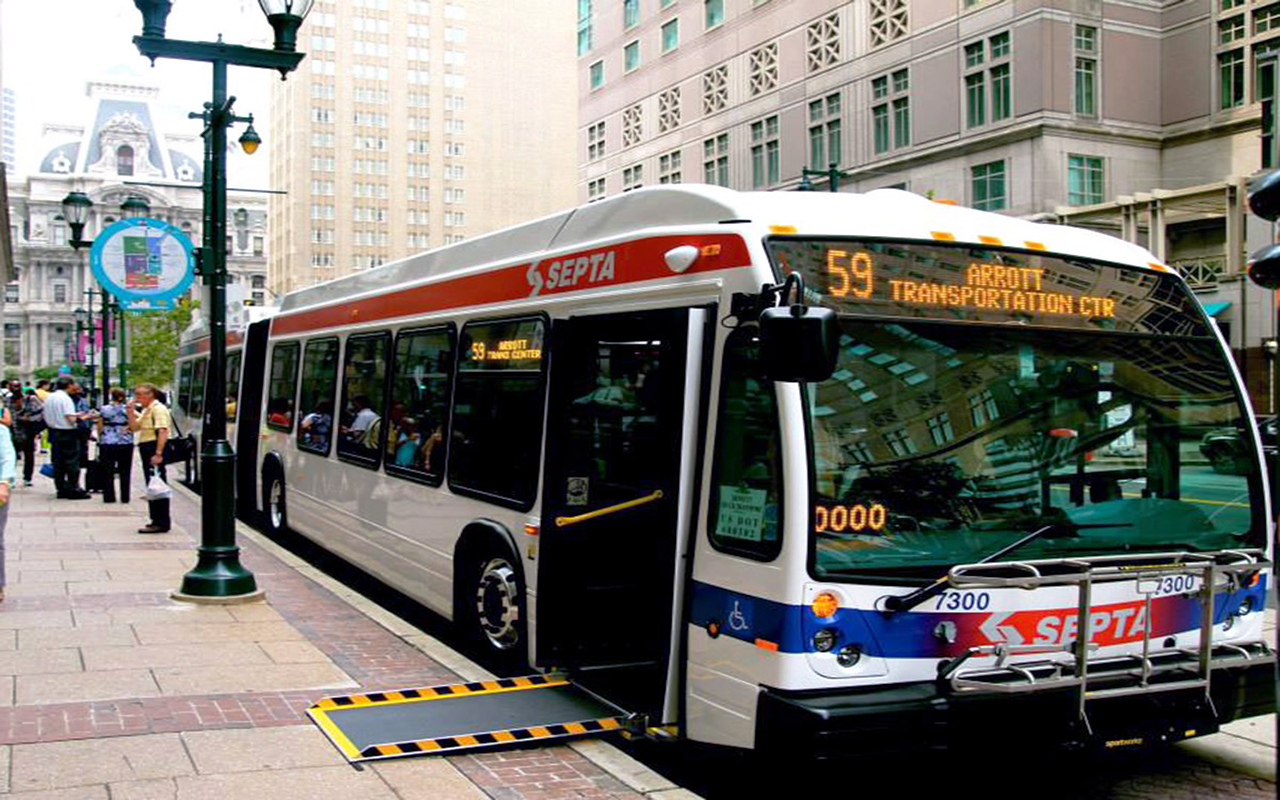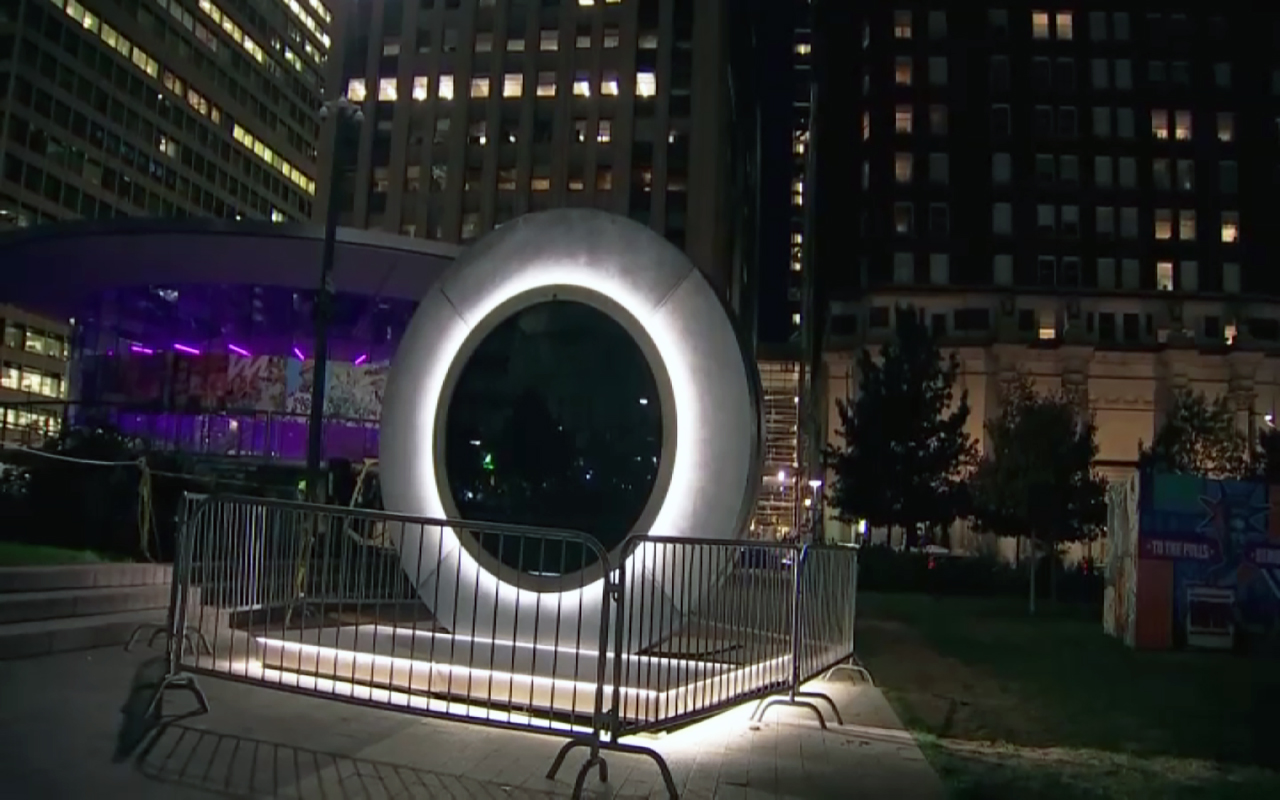
Philly candidates are hard at work ‘petitioning’ voters as deadline nears
What to know about circulating petitions, getting signatures, and formally submitting a nomination for public office.
Was that my city council person in Clark Park? Why was she holding a stack of papers?
If you decided to take advantage of warming temperatures in February and enjoyed your lunch in the nearest park, it’s possible that you were approached by an innocuous campaign staffer requesting a signature on a petition sheet.
Philly has a formidable list of folks vying for a seat in city council — whether at-Large or the district level — in addition to a very crowded Democratic field of mayoral candidates. But if any of them plan to appear on a ballot, they must first submit petitions and pay a fee to be formally considered as a candidate, speaking in technical terms.
Can candidates petition when they announce?
The city commissioner’s office offers a timeline for petition gathering, beginning no prior than the tenth Wednesday before the primary, scheduled to occur on May 17. Candidates plan around that time frame and hold petition events to meet the minimum threshold.
Those vying for office can begin promoting petitioning events as soon as they announce but cannot begin collecting signatures until the established date set forth by the city.
Who collects the signatures?
Staffers who work with potential nominees will often combine canvassing and campaigning while also circulating petitions, which explains why every voter isn’t approached by each candidate individually. That’s what campaigning is all about.
Many candidates, however, make it a point to be visible and on the road collecting signatures, allowing them leeway to connect with voters in an individual setting not necessarily tied to a formal event.
How many signatures are needed?
Aspiring municipal nominees — including the mayor, city controller, sheriff, councilmember at-Large, register of wills, and municipal judges — must submit 1,000 signatures to appear on the ballot.
A judge of elections needs 10 signatures, and an inspector of elections needs five.
District council candidates must submit 750 signatures for eligibility.
RELATED CONTENT
But there are caveats. Horse race coverage of local elections often dangles “candidate viability” over competitors, and one of the ways candidates can signal electability is by obtaining more than the minimum required number of signatures.
Another factor candidates watch out for is legal challenges leveled by opponents.
Are signatures contested in court?
Yes, and often. In fact, it is so common that the city offers timelines to submit legal challenges. In Philly, that date is March 14.
This could be reasoned in several ways. Bringing forward a lawsuit contests the legitimacy behind the signatures on the petitions, such as errors or, in more extreme cases, fabricated signatures.
In another example, a candidate with fewer resources is also less likely to battle it out in court, which can run up a tab in legal fees, and use resources that could be directed to the campaign trail.
Can I sign every petition?
Voters can sign as many petitions as there are candidates, which translates to one mayoral candidate, one district councilmember, one city controller, and five at-Large candidates.
For a petition to be eligible, the person signing must be a registered voter in the state of Pennsylvania, and thus, Democrats petition Democrats, while Republicans petition Republicans.
What are the fees?
From the mayor on down, candidates pay $100 to submit signatures. Judges of elections and inspectors of elections pay $25.











LEAVE A COMMENT:
Join the discussion! Leave a comment.